Nigeria/ August 21, 2017/ Allafrica
Resumen: La esperanza de una reanudación temprana de las actividades académicas en los campus universitarios por parte de los estudiantes y sus padres se desvaneció el jueves, cuando la reunión de conciliación entre el gobierno federal y la Unión de Universidades Universitarias (ASUU) sigue estancada.
The hope of early resumption of academic activities on university campuses by students and their parents was dashed thursday as the conciliation meeting between the federal government and the Academic Staff Union of Universities (ASUU) remains deadlocked.
The parties have agreed to resume meeting in a week’s time.
The meeting which was conveyed thursday by the Minister of Labour and Employment, Senator Chris Ngige, in his office, had in attendance; the Minister of Education, Malam Adamu Adamu, and his team, the Director General, Budget Office of the Federation, Mr. Ben Akabueze; Chairman of the Salaries and Wages Commission, representatives of the National Universities Commission (NUC), members of ASUU led by its National President, Dr. Debo Ogunyemi, and senior staff of the Ministry of Labour and Employment.
Ngige in his opening remarks accused ASUU of not following the proper procedure before embarking on strike.
According to him, «There must be a mandatory letter of 15 days to labour ministry, to education before going on strike.»
He insisted that all agreements were supposed to be domiciled in ministry of labour in order to track implementation as agreement gives room to renegotiation.
The minister said: «Two days ago, we met here on the ban of ASUU by the Kogi State Government and thereafter, on the sideline, we touched the current ASUU strike which has led us to where we are. Today, we are going to discuss the issue of that strike. We don’t want to apportion blames because if we do, we will not resolve the issues. Also, we don’t want to be legalistic because if we do, the strike should not have occurred without the mandatory notice as required by the Trade Dispute Act.
«If we want to apportion blames, certain things have also been done by the government side that went to do the negotiation in the National Assembly and made political agreement with them, and that collective bargaining agreement was not domicile in this ministry. This is the ministry which is the only agency that has the mandate to resolve labour issues between employers and employees as per the Nigerian constitution. In all, government is desirous to attend to the issues raised and is not trying to show any bad faith. The issues are well known to all of us because they are a product of the 2009 agreement whose fallout was the memorandum of understanding (MoU) signed in 2013 with which government was supposed to release some funds.
«Last November, we all agreed that the funds released should be audited forensically and that why that is going on, some amount of money should be released. One or two things happened and due to laspses to Labour administration, there were some trajectory that made it impossible for some of the conditions not to have been fulfilled.
«The Babalakin committee is working on those issues and I know that ASUU members, as knowledgeable men are aware that ILO conventions permits that there should be renegotiation and that was why we allowed the Ministry of Education go ahead with the renegotiation of the CBA.»
However, before the parley went into a technical session, Ngige noted that government is desirous to many of the issues raised by ASUU, hence the decision to call the conciliation meeting to look into a possible renegotiation between the two sides in line with the International Labour Organisation Convention.
He said it was based on this that he, as the chief conciliator, urged the Ministry of Education to go ahead with the renegotiation so that students can go back to school and conclude their examinations.
He gave an insight into the modality of the meeting that it will not leave any room for apportioning of blames, and that it would not be legalistic for a melting point to quickly be reached.
But Ogunyemi, in his response, disagreed with Ngige, stressing that the minister had taken side with his education counterpart, Adamu.
He insisted that ASUU informed relevant ministries before embarking on strike, noting that there was a letter dated July 10 to inform the major stakeholders.
The ASUU president said in the last 10 months, the union had written 10 letters trying to reach out to relevant stakeholders after suspending the seven days warning strike in November last year.
He clarified that the strike is not a fresh action and that they are open to suggestions.
After their opening remarks, the meeting later went into a technical session, which lasted for hours.
While briefing the media afterwards, Ogunyemi said there was progress in the discussions but that it was unfortunate that it was not finalised because the leadership of ASUU had to go back and brief its members on the terms given by the government and come back in a week’s time when the meeting would resume with a further resolution of the universities teachers.
He, however, did not give a hint of government’s proposal but said the strike would continue and that the union would revert to the government next week.
On whether the strike will be called off before then, he said: «The leadership of the union did not call the strike, our members called the strike and they will decide when to suspend the strike.
«So, when our members decide otherwise, it will be off,» he said.
On his part, Ngige said: «Within the last 48 hours, government has been working. The Minister of Education, Minister of Finance, Attorney General of the Federation and we have taken some government positions which we have communicated to ASUU for them to take back to their members to see if that can be adequate enough for them to call off the strike.
«The major issue is that we want the strike called off so that our children in school can write their degree and promotion exams. ASUU graciously said they will come back to us on a date within the next one week. It will not be later than one week so that we then take it from there.»
Meanwhile, the federal government has disclosed that it has demanded the details of the expenditure of N30 billion from ASUU, as a precondition for the release of N23 billion being requested for, by the striking union.
It also refused to back down from its insistence that the universities would not be excluded from the Treasury Single Account (TSA), despite the opposition of ASUU, which declared an indefinite strike last Monday, following the non implementation of the 2009 agreement.
The Minister of Education, Adamu, while, speaking before the Senate Committee on Tertiary Education yesterday, however expressed hope that the strike would be called off next week, as negotiations are currently ongoing.
«They (ASUU) asked for N23 billion to be paid. But we said the condition for that N23 billion to be released, was for them to account for the N30 billion they had taken, and they were not able to account for it,» he said.
Adamu did not reveal when the N30 billion was given to the universities.
«The Minister of Finance undertook to do the audit from the ministry, and we agreed that the result will be known in six months. During that six months, government undertook to be paying them N1.5 billion each month during the time they are waiting for this. And their grouse was the forensic audit promised by the Minister of Finance had not been done and the money promised had not been paid,» he added.
Fuente: http://allafrica.com/stories/201708180105.html

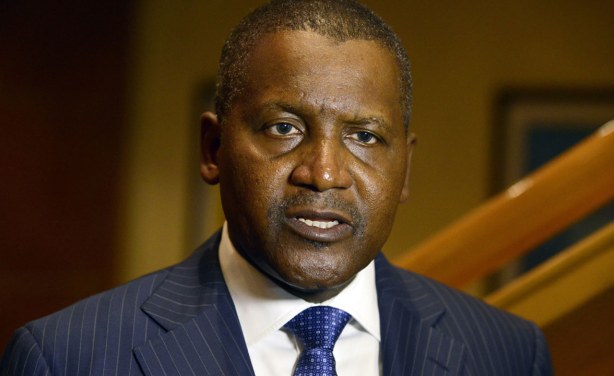
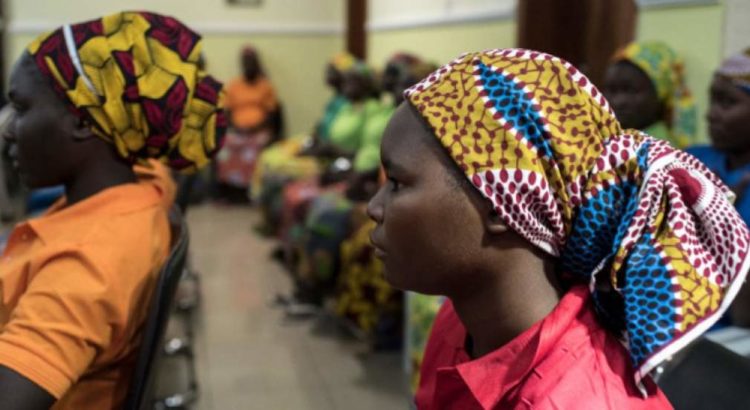
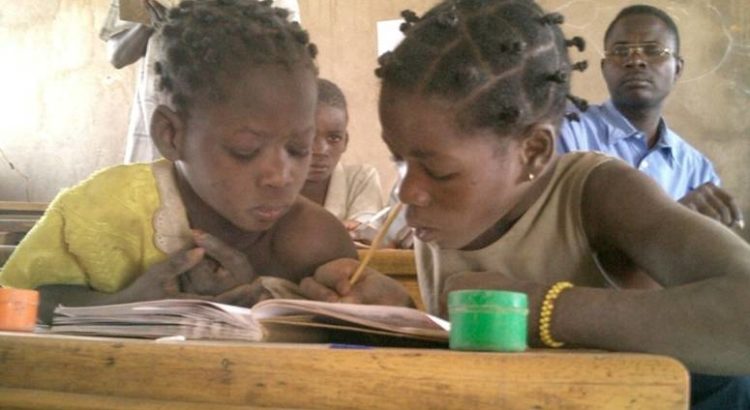

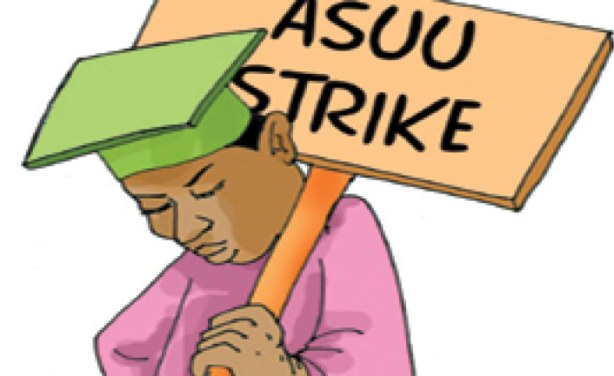
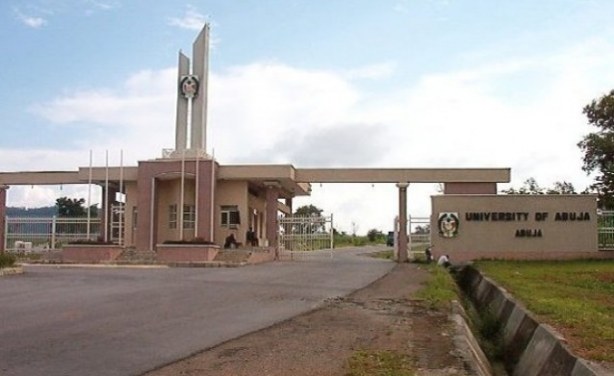







 Users Today : 185
Users Today : 185 Total Users : 35459780
Total Users : 35459780 Views Today : 345
Views Today : 345 Total views : 3418317
Total views : 3418317